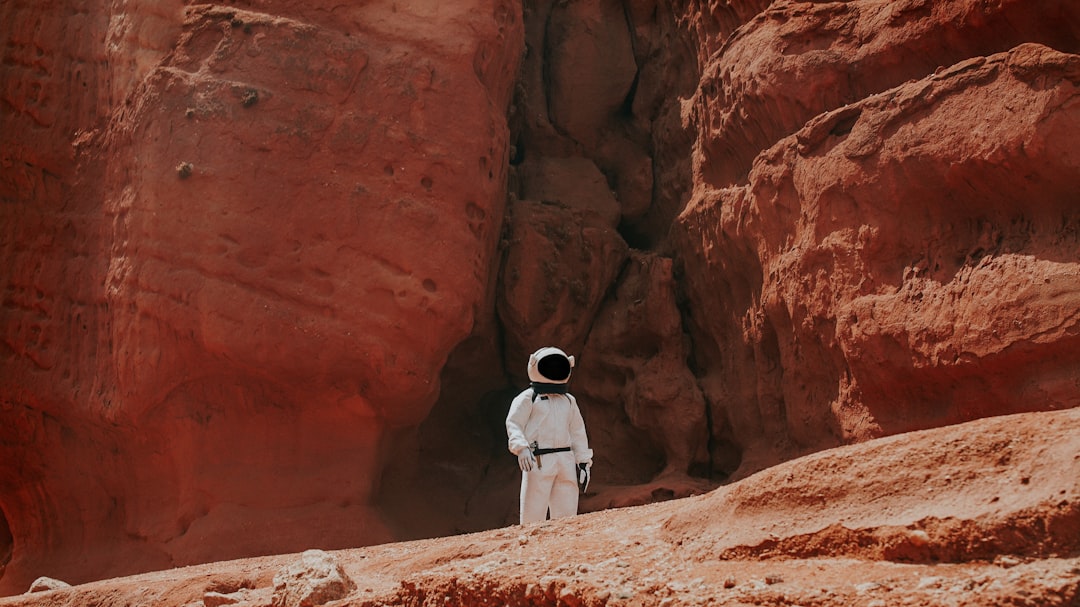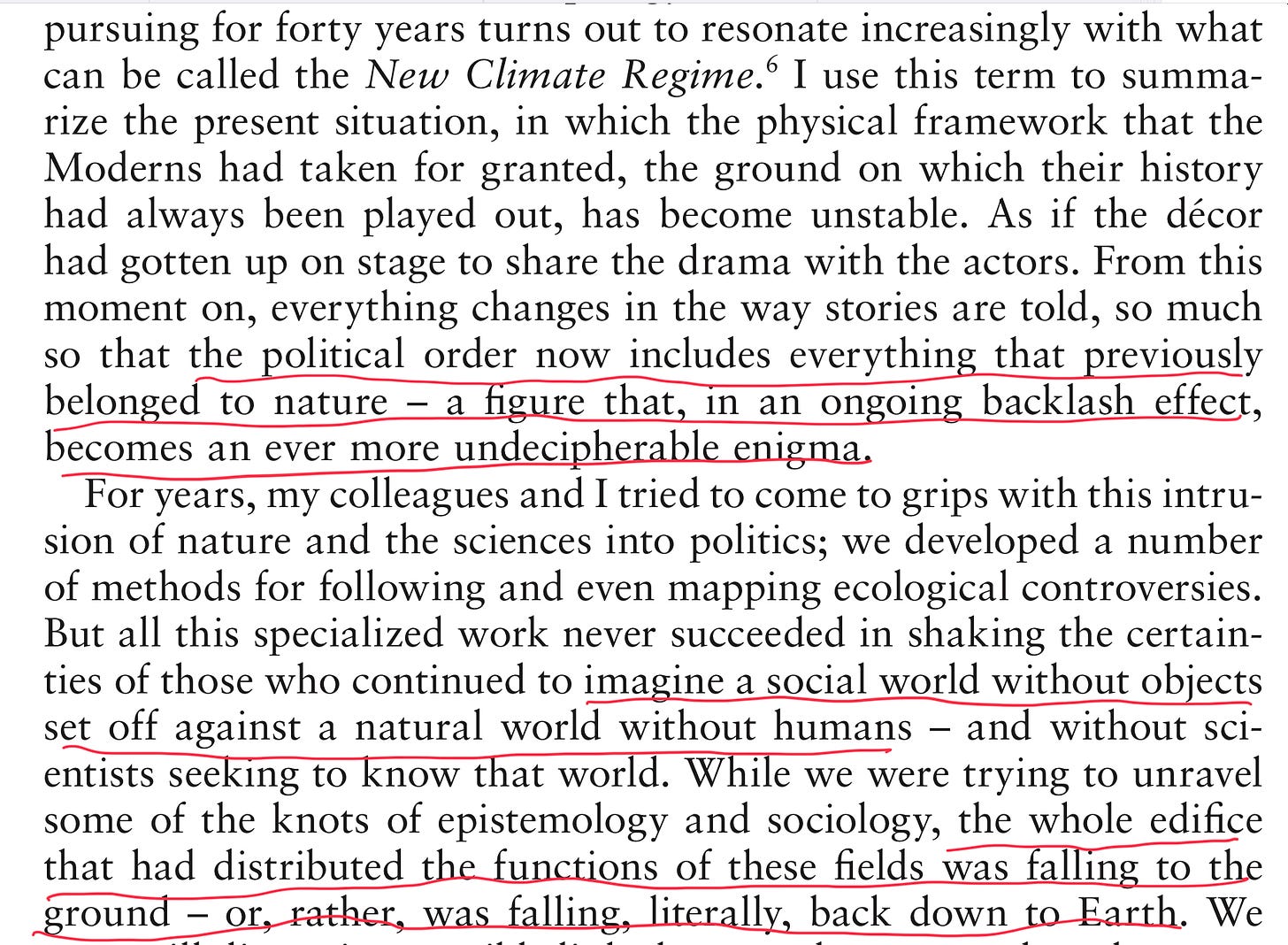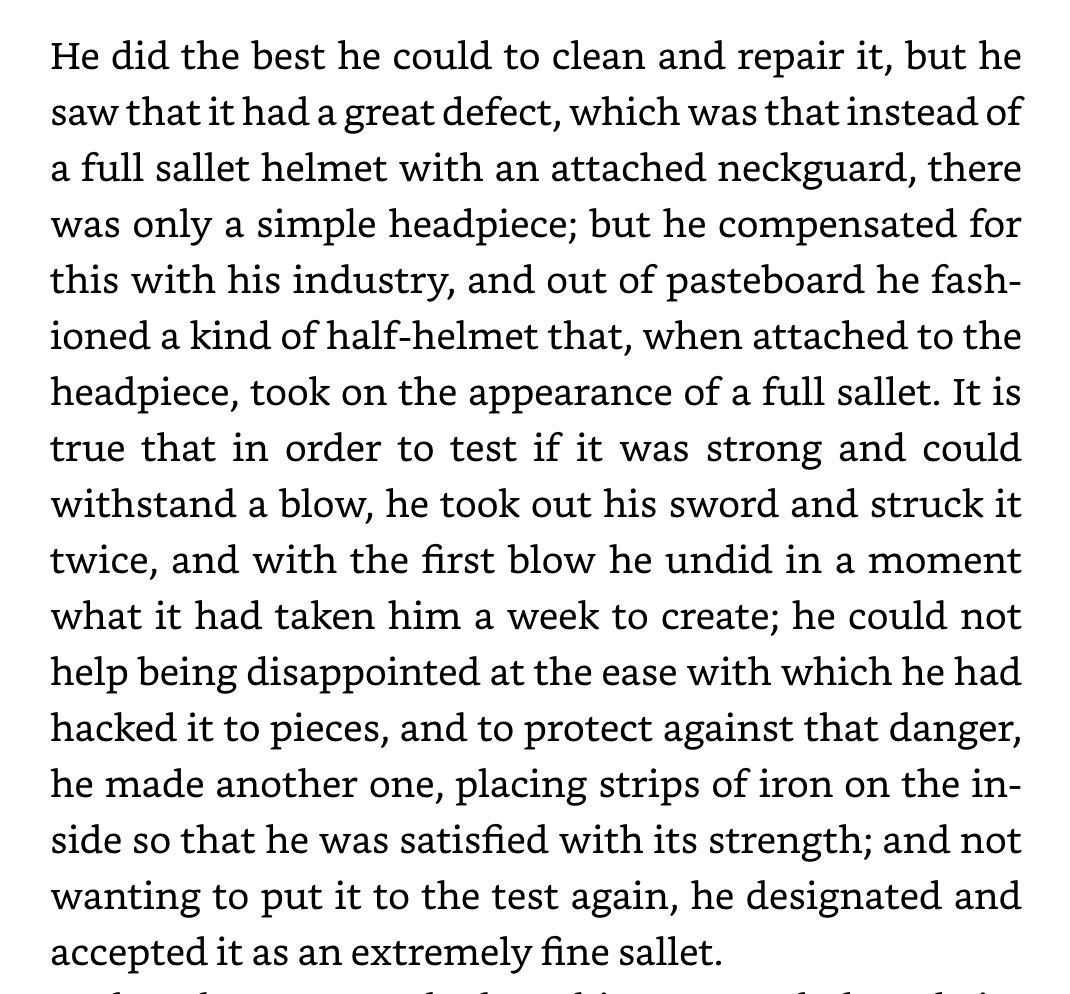Second Contact Part II

There’ something refreshing about hard SF. The writers whom I admired (and still do to a lesser extent) didn’t care about literary skills - their characters were one dimensional, the plots were linear and the pacing and dialog was pedestrian - but that’s because these stories weren’t about people but about ideas.
Imagine a civilization so vast that it’s future can be predicted with the exactitude we bring to insurance premiums. That’s psychohistory, an interesting idea that Asimov develops over several books. The possibility of psychohistory is fascinating even if- or especially if - its novelistic depiction resembles an infomercial more than it does a work of art.
Like romance novels and pulp detective fiction, science fiction draws its energy from a visceral need of the modern world and replacing that energy with elegance is a bad idea. One of my favorite pieces of hard SF is Arthur C. Clarke’s ‘The City and the Stars,’ in which he talks about human civilization hitting the limits of that stage of development.
This being hard SF, the novel paints a future that lasts millions of years, but I think Clarke is essentially right in his assessment of our condition today: we have reached the limits of our civilization and the physical sciences have to give way to the biological and cognitive sciences as we meditate upon ourselves.
That’s almost the essence of second contact, but it’s not quite there.
Replacing one science by another science is not enough: we have to renew the philosophical impulse in the light of this return. Also, meditating on our condition isn’t enough if we set aside the context in which that condition is now embedded: the Planet. Bruno Latour makes a version of that point in his recent book, Facing Gaia.
Borrowing from Latour, we can formulate an analogy that goes:
Nature:Science::Society:Politics
So what happens when the distinction between nature and society dissolves and, as a result, so does the corresponding distinction between science and politics? How do we formulate new ways of being with others and ways of knowing that go with that being?
I firmly believe our return journey has to start with Second Contact with the Earth.
But we are still on a detour, reading novels instead of formulating theories. What do our novels tell us? They say second contact is tragedy and farce, for it starts with the accumulated mess of human civilization. War and greed and violence but also, piles and piles of shit. An adventuring hero on his first mission to Mars will need top of the line equipment, but second contact can make do with a cardboard spaceship. It’s the heroism of the Don:






